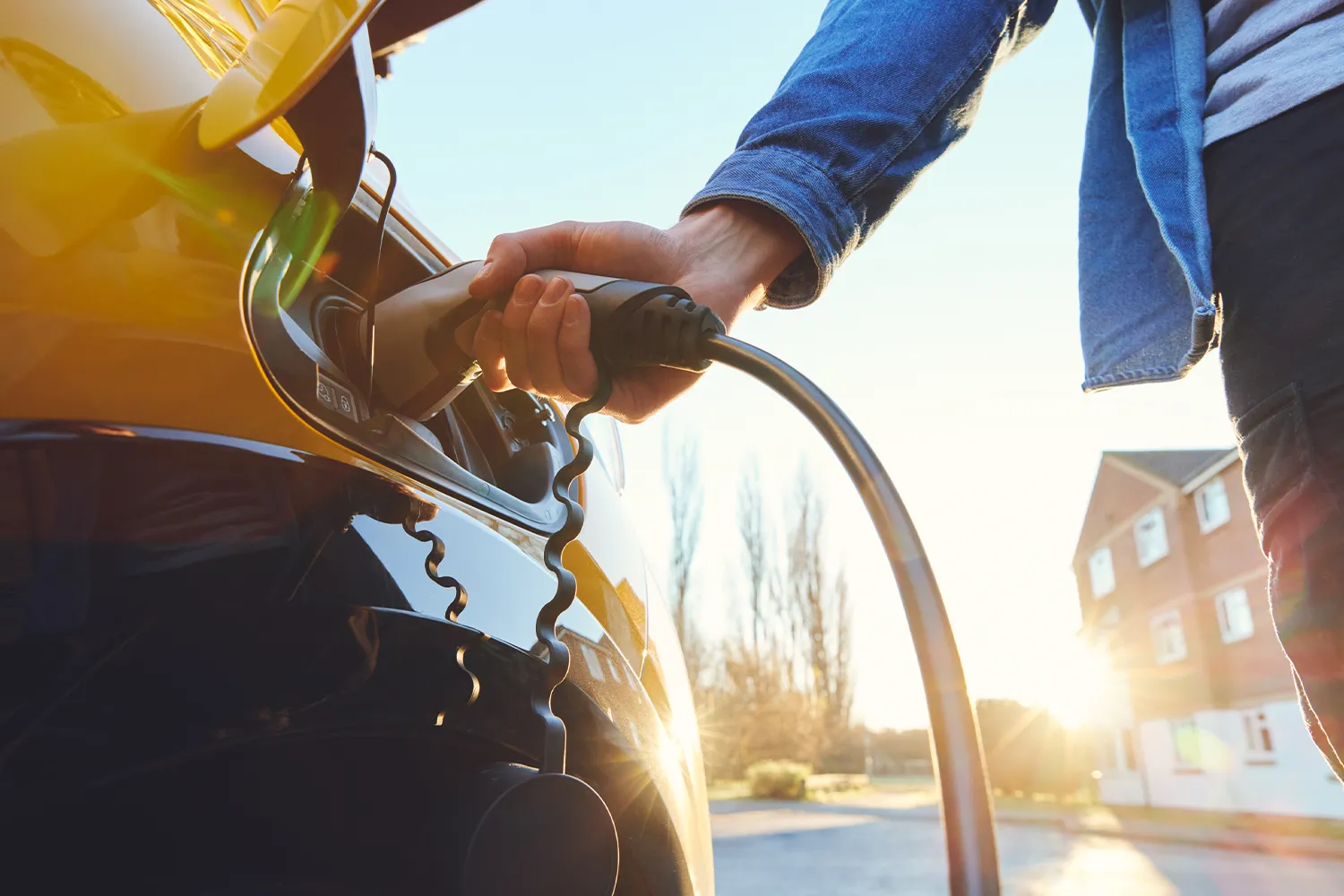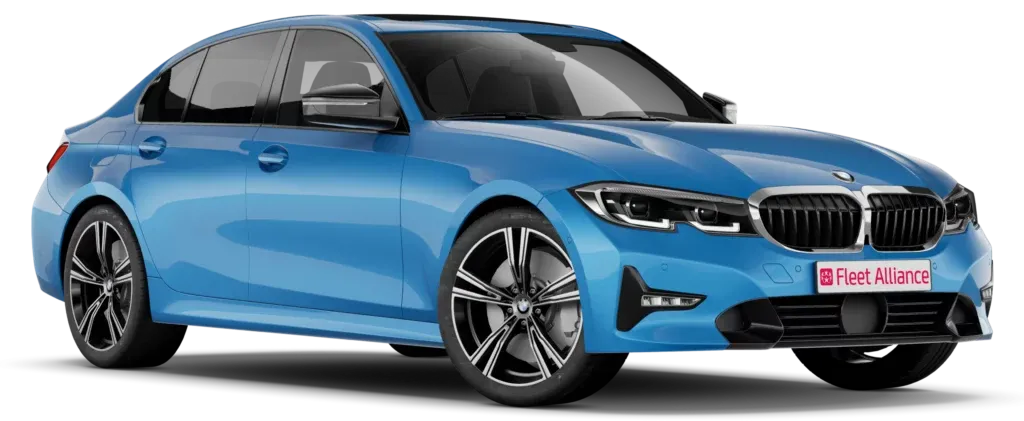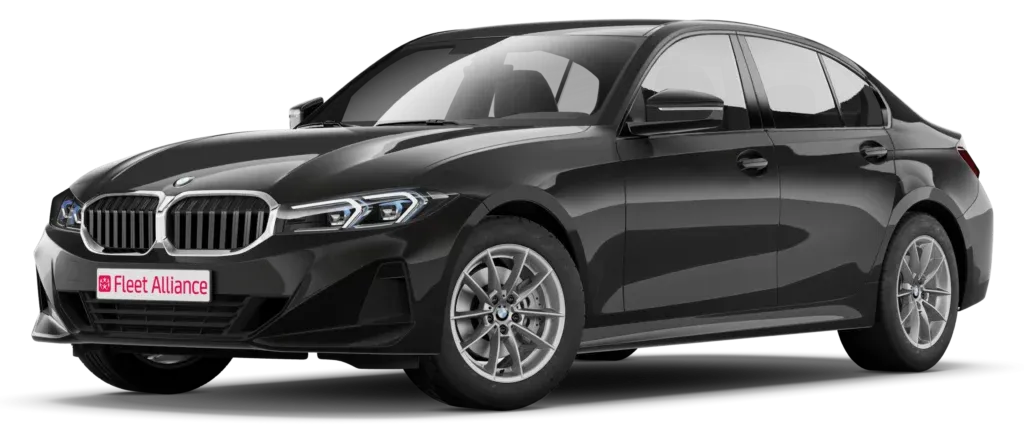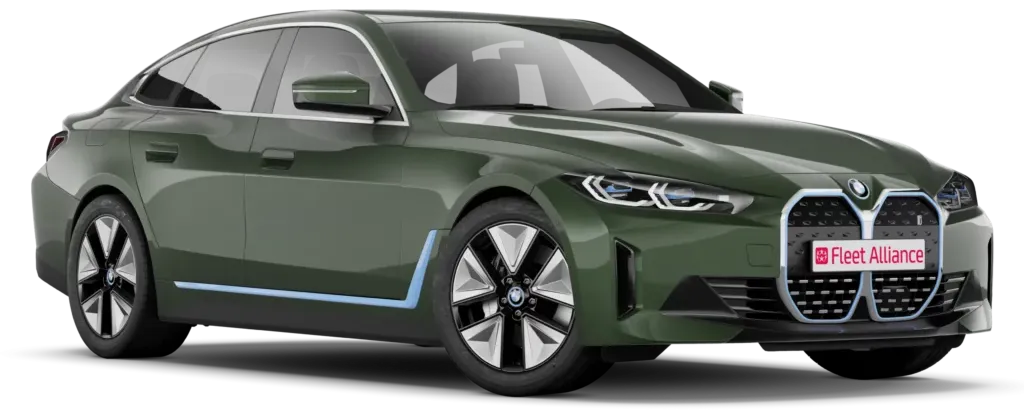S h a r e
Company car sales up as drivers realise huge tax savings on EVs


Posted by
Andy Bruce
July 2024
It’s astonishing how quickly the change has been: today’s data shows nearly a third (29%) of company car drivers are in zero emission electric cars; yet just seven years ago, the majority (80%) were driving diesel-powered company vehicles.
And the number of EV drivers is forecast to grow as more drivers seize the opportunity for the sizeable tax savings available on electric vehicles (EVs), along with the wider environmental benefits of zero emission motoring.
These latest figures come from HMRC, which also shows the number of company car drivers is growing for the first time in six years.
There are now 760,000 people paying benefit in kind company car tax (tax year 2022/23), compared with 720,000 the previous year.
Why is this?
Unquestionably, taxation is playing a significant role – and drivers and businesses would be unwise to ignore the savings potential. As we’ll rehearse below, the financials for drivers are quite compelling.
Let’s just compare, first, the tax positions of the new BMW 3 Series Saloon, available as a petrol, and a plug-in hybrid.

Petrol 3 Series
BMW 3 Series Saloon New 320i Sport Sport-Auto
Cost new: £40,220
Tax cost for a 40% tax payer: £5,426pa

Plug-in hybrid 3 Series
BMW 3 Series Saloon New 330e Sport Sport-Auto
Cost new: £46,985
Tax cost for a 40% tax payer: £1,502pa
Although there is an overall cost difference between the two cars, the difference in the overall carbon emissions of both cars means that the petrol version slots into the high 34% tax bracket for company car tax whereas the 19g/km CO2 plug-in hybrid (PHEV) version is banded at just 8%.
For many drivers the option of the Ultra Low Emission PHEV model – with the ability to drive over 60 miles in zero emission mode and the backup of petrol motivation when needed – is a useful ‘comfort’ step on the way to full electrification.
Plenty are taking that step.
HMRC says that the number of Ultra-Low Emission Vehicles (ULEVS), with CO2 emissions no greater than 75 g/km (but not zero emission), have also increased steadily in recent years: from 5,000 in tax year 2014-2015, to 147,000 in tax year 2022-2023.
But the really significant driver tax savings can be made by choosing a zero emission EV.
There is currently no electric 3 Series in the line up, so the equivalent BMW in the range is the i4 which can manage 288 miles on a charge. Let’s consider this EV’s tax position:
Electric BMW i4
BMW i4 70.2kWh eDrive35 M Sport 210kW Auto
Cost new: £52,200
Tax cost for a 40% tax payer: £418pa
Thanks to the extremely low benefit in kind rate – just 2% – the BMW i4 saves the driver over £5,000 compared with the petrol BMW; and nearly £1,100 over the PHEV version.
The savings aren’t just restricted to the driver: there are significant savings for the business delivered through lower running costs and reduced National Insurance contributions for choosing a ULEV or full EV model.
As a sustainable mobility provider we are committed to providing vehicles that drivers want and fleets require for their operational needs.
In the first five months of 2024, 77% of our vehicle orders were for electrified vehicles with EVs at 42% and hybrids at 35%, the highest market share for both model types to date as more drivers have seen the tax-saving potential and switched to electric and hybrid cars.
We don’t believe all these vehicles just went to company car drivers, however. Our electric car salary sacrifice scheme is really beginning to gain traction among employees where companies have engaged with us to provide this significant employee benefit.
Providing a vehicle solution to a company’s Environmental, Social and Governance (ESG) agenda is becoming an increasingly important measure in business life.
The latest report from the Met Office paints a concerning picture about the acceleration of climate change. There has been a dramatic increase in the frequency of temperature extremes with more hot days and more wet days than ever before as global warming affects the UK weather patterns.
So there has never been a more important time to think about decarbonisation as part of a fleet strategy, whether it’s through the adoption of electric vehicles for your company fleet, or as part of a wider ESG strategy which encompasses salary sacrifice.
If you want advice or help on this journey, then don’t hesitate to contact us and learn how our sustainable solutions can provide the answers to the mobility questions facing your business.
You also might like…
If you liked this article then check out our posts about similar topics
First Drive: Why Audi’s Q4 e-Tron matters
The Company Car Sweet Spot for future-proofing your Fleet An Audi badge says professional without drifting into show-of...
First Drive: Jaecoo 7 – Range-Rover Looks on a £30k Budget
Why this newcomer matters China’s Chery Group is taking the UK by storm with a two-brand strategy: Omoda targets mains...
Good-enough lease rates aren’t good enough anymore: Introducing Multi-Bid Tendering
In a climate of persistent inflation, unpredictable tariffs and relentless cost pressure, “we’ve always done it this...
Become a Fleet Alliance business partner
I am writing to you about the opportunity to become a business partner of Fleet Alliance The commercial arrangement a...
Charting a Greener Course: Chris Rowthorn signs the Business Wales Green Growth Pledge
When seasoned automotive finance professional Chris Rowthorn left MotoNovo after more than two decades to become a Flee...
Outsourcing Your Fleet: 10 Reasons Fleet Alliance Makes Perfect Sense for Busy Fleet Managers
Running a large corporate fleet means you’re under constant pressure to hit cost, compliance, and sustainability targe...
What makes Fleet Alliance a winner in the SME fleet sector?
We all like an award, an additional trophy for the cabinet - the recognition is important and it’s always good to rece...
10 great cars to have on salary sacrifice 2025
Employers and employees are really catching on to salary sacrifice because you can drive a brand new electric car (EV) a...
Ready to make the management of your fleet more efficient?
Request a call back

